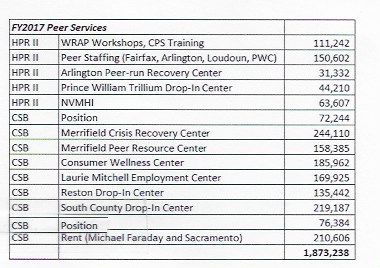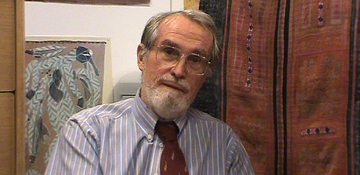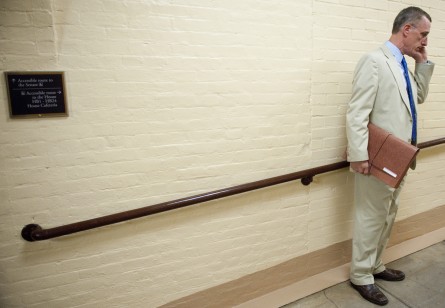
(6-17-16) The Richmond Times-Dispatch has learned that a prisoner died at Central State Hospital, a mental facility in Virginia, after being sent there from the Hampton Roads Regional Jail in Portsmouth. This happened between May 25th and June 8th.
This is the same jail where Jamycheal Mitchell, who had schizophrenia, was found dead last year from a heart attack caused by starvation. The National Alliance on Mental Illness, Virginia chapter of Mental Health America, the NAACP, the Judge David L. Bazelon Center for Mental Health Law, and the ACLU have asked the U.S. Justice Department to investigate Mitchell’s death pursuant to the Civil Rights of Institutionalized Persons Act. In a strongly worded editorial, The Washington Post also has called for a federal probe.
The Justice Department has been reluctant to investigate individual deaths unless those fatalities reflected a pattern of civil rights abuses. If this new death resulted from how the inmate was treated while being detained at the Portsmouth jail, advocates could argue that there is a pattern of abuse of prisoners with mental illnesses inside the jail.
Unfortunately, Virginia mental health officials, the jail, and state bureaucrats all declined to answer basic questions about this second death when asked by investigative reporters Sarah Kleiner and K. Burnell Evans. Instead they claimed the federal Health Insurance Portability and Accountability Act (HIPAA) prohibited them from talking about the death. A HIPAA legal expert in Virginia was quoted in the article saying, “People take a more aggressive approach to restriction (under HIPAA) than they really ought to.”
The failure of state officials to answer questions should not shock anyone who has been following Virginia’s shameful actions in the Mitchell case.






